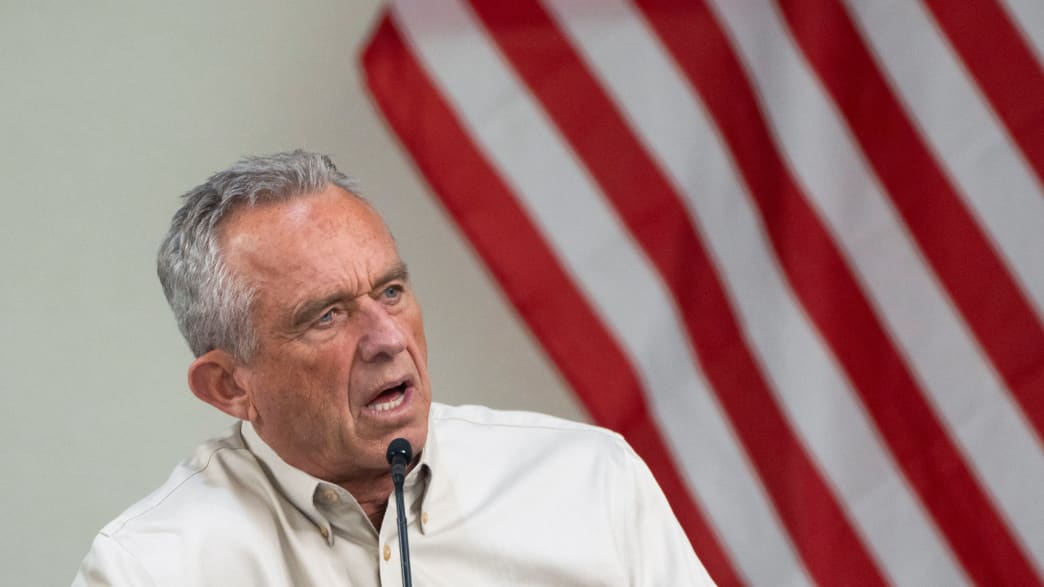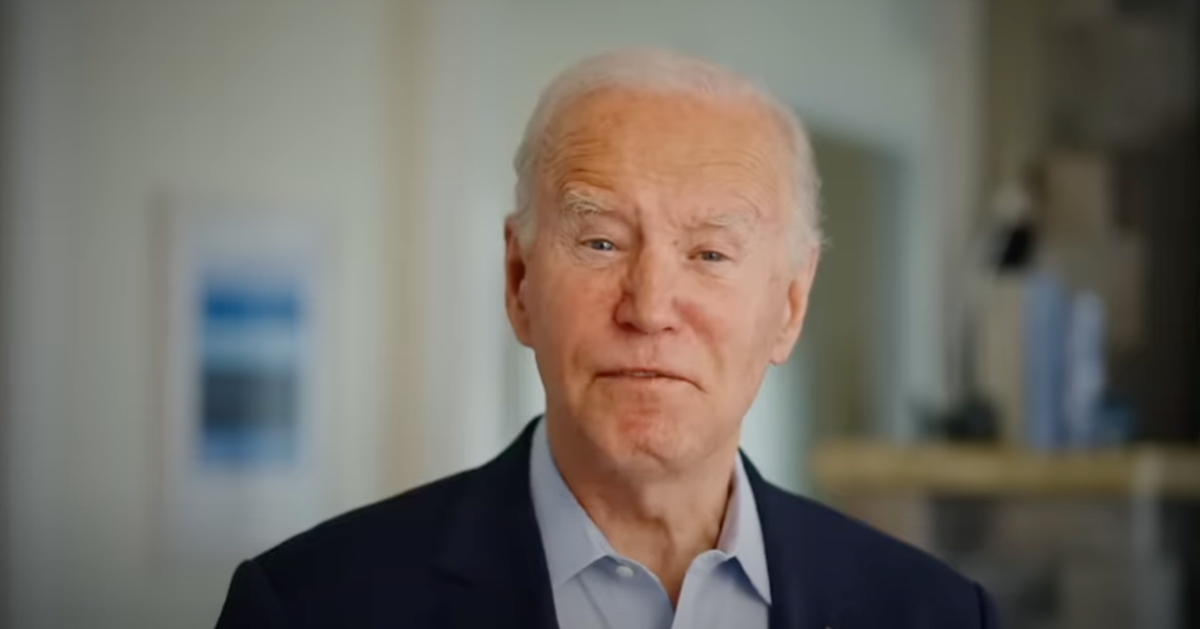Gabbard Nomination Faces Senate Delays as Vetting Concerns Linger
Tulsi Gabbard’s nomination for the role of Director of National Intelligence has hit a series of roadblocks that have yet to be cleared.
The Senate Intelligence Committee is experiencing a delay in the confirmation hearing for Gabbard as it awaits critical vetting documents amid concerns voiced by both Republicans and Democrats, as the Washington Examiner reports.
President-elect Donald Trump has put forward Gabbard as his pick for Director of National Intelligence. However, incomplete procedural steps now stand in the way of her swift confirmation.
According to committee rules, a complete FBI background check and full submission of ethics disclosures are prerequisites before any hearings can commence. As of Monday afternoon, these documents remained unprocessed.
Senate Democrats Insist on Protocol
Senate Democrats expressed their insistence on adhering to established protocols. They emphasized security concerns as a primary reason for obtaining Gabbard's background check and ethics documentation.
Sen. Ron Wyden, representing Oregon, strongly highlighted his belief in this necessity: “Particularly in the national security context, it’s critical that you have these documents.”
Committee chair Tom Cotton, a Republican from Arkansas, initially sought to expedite the hearing, hoping to clear it before Inauguration Day. Despite his intentions, bipartisan tradition within the Senate Intelligence Committee has thwarted any notions of bypassing Democrat objections.
Concerns Over Incomplete Vetting
The delay centers not only on procedural norms but also on particular concerns from across the aisle. Senate Minority Leader Chuck Schumer has called for an exhaustive approach to nominations. He criticized certain Republican inclinations to rush processes without all essential documentation, highlighting the serious nature of these vetting papers.
A massive snowstorm that shut down federal offices in Washington, D.C. last week contributed to the holdup in receiving Gabbard’s necessary documents. This disruption has also impacted other nominees, such as Doug Burgum and Doug Collins, whose hearings have similarly encountered postponements.
Controversy Over Past Foreign Policy Actions
Compounding the delays are bipartisan apprehensions regarding Gabbard's previous actions and stance. An instance drawing particular scrutiny was her 2017 meeting with Syrian President Bashar Assad.
Sen. Mark Kelly from Arizona has particularly flagged this encounter, noting Gabbard’s controversial position on Assad and the alleged use of chemical weapons.
In a recent development, Gabbard changed her stance on a critical surveillance law known as Section 702 of the Foreign Intelligence Surveillance Act. This shift to support warrantless surveillance has garnered her backing from GOP senators, including Oklahoma’s Sen. James Lankford, who shared, “That was a very important piece for me.”
Implications for GOP Support
Trump's administration is treading carefully, with the President-elect able to afford only three Republican defections in the Senate. With a narrow 53-seat majority, GOP unity is essential for Gabbard’s confirmation to move forward.
Navigating the political landscape, Gabbard remains dedicated to securing support, engaging in one-on-one meetings with several senators. Among those she’s reached out to are Ted Budd, Ted Cruz, Deb Fischer, Michael Bennet, and others.
Debate on Committee Practice
Within this complex web of political maneuvering, the nomination’s core issue remains firmly fixed on the lack of required documents. The protocol requires a complete background questionnaire, financial disclosures, and responses to pre-hearing questions at least a week prior to the hearing.
Despite technical possibilities that might allow for circumventing these requirements, a Senate aide suggested that such a measure is unlikely. They noted that tradition respects consensual decisions over adversarial strategies in the Intelligence Committee.
Addressing the process in the committee and underlining the significance of thorough vetting, Schumer articulated a strong position on the necessity of all relevant paperwork. He argued that this documentation is more than mere procedural compliance but perhaps revealing if any aspects require scrutiny.
For President-elect Trump’s team, overcoming these hurdles is crucial in advancing Gabbard’s nomination. The saga reflects ongoing tensions within the Senate as both parties grapple with procedural adherence and political strategies. As the situation reveals of cross-party checks and balances, Gabbard’s path to the Intelligence office remains uncertain.






